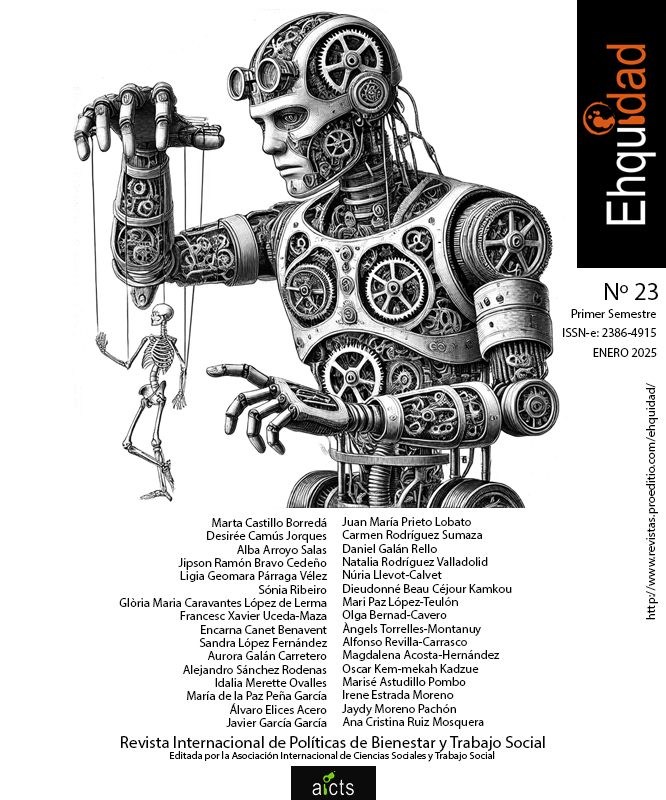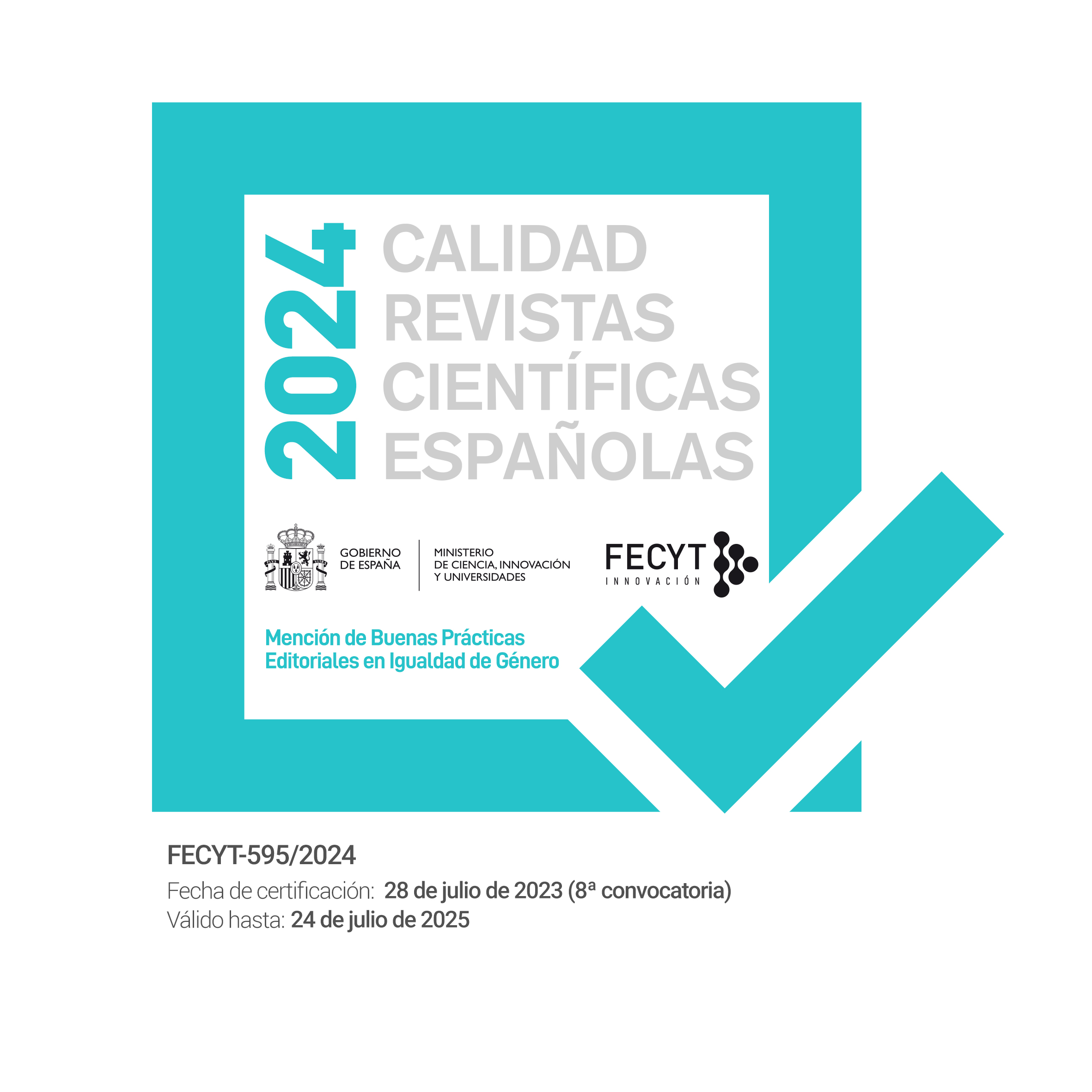Exploring the world through the game.
Playful Strategies for Child Development in the Dominican Republic.
DOI:
https://doi.org/10.15257/ehquidad.2025.0006Keywords:
Playful strategies, Early education, Child development, Play, Pedagogical toolsAbstract
Abstract: This article examines the impact of playful strategies on child development during the initial level in the Dominican Republic. Through a theoretical review and a detailed methodological analysis, the importance of playful strategies as effective pedagogical tools to promote the comprehensive learning of children in this crucial stage of their lives is highlighted. A comprehensive review of literature and research in the field of early education demonstrates the cognitive, emotional, and social benefits that play provides to preschool children. Additionally, various strategies and approaches used by educators to integrate play effectively are analyzed, highlighting its ability to stimulate creativity, imagination, problem-solving, and social skill development. Empirical findings reveal how playful activities promote children's cognitive, social, and emotional development. This article emphasizes the importance of recognizing and valuing play as an essential activity for child development and advocates for greater integration of play strategies in early education programs.
Downloads
References
Águila Calero, G., Díaz Quiñones, J. A., Díaz Martínez, P. M., & Cruz Pérez, N. R. (2016). Instrumento para determinar necesidades de conocimiento de los padres acerca de la adolescencia y su manejo. MediSur, 14(6), 748-759. http://www.medisur.sld.cu/index.php/medisur/article/view/3278.
Arias, F. G. (2006). El proyecto de investigación: Introducción a la metodología científica (5ª ed.). Editorial Episteme.
Dávila, J. (2003). El juego y la ludoteca. Talleres gráficos universitarios.
De Souza, D. M., Aquino, F. S., & Rodríguez, L. A. (2021). The Role of Play in Early Childhood Education: Promoting Social and Emotional Development. Journal of Early Childhood Research, 19(2), 125-140. https://doi.org/10.1177/1476718X20978905.
Ginsburg, K. R. (2020). The Importance of Play in Promoting Healthy Child Development and Maintaining Strong Parent-Child Bonds. Pediatrics, 142(3), e20201425. https://doi.org/10.1542/peds.2020-1425.
Matos, R. (2002). Juegos musicales como recursos pedagógicos en el preescolar. Editorial de la Universidad Pedagógica Experimental Libertador.
Pavia, V. (1997). Las formas de juego y el modo de jugar que la escuela reproduce. Revista de Psicologia, Ciències de l’Educació i de l’Esport, 25, 161-178. http://www.raco.cat/index.php/Aloma.
Pyle, A., & Danniels, E. (2020). A Continuum of Play-Based Learning: The Role of the Teacher in Play-Based Pedagogy and the Fear of Hijacking Play. Early Education and Development, 31(5), 886-905. https://doi.org/10.1080/10409289.2020.1780920.
Zosh, J. M., Hirsh-Pasek, K., Hopkins, E. J., Jensen, H., Liu, C., Neale, D., Solis, S. L., & Whitebread, D. (2018). Accessing the Inaccessible: Redefining Play as a Spectrum. Frontiers in Psychology, 9, 1124. https://doi.org/10.3389/fpsyg.2018.01124.
Zosh, J. M., Hopkins, E. J., Jensen, H., Liu, C., Neale, D., Hirsh-Pasek, K., Solis, S. L., & Whitebread, D. (2020). Accessing the Inaccessible: Redefining Play as a Spectrum. Frontiers in Psychology, 11, 212. https://doi.org/10.3389/fpsyg.2020.00212.












